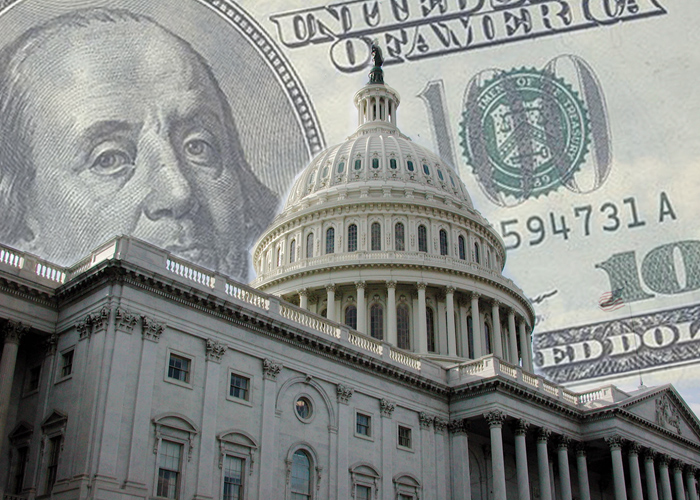Until now, there’s been two kinds of political action committees. There’s your classic PAC, capable of making contributions to federal candidates, but which only runs on donations from individual donors capped at $5,000. Than there are “super” PACs, fueled by unlimited donations from corporations and capable of making independent expenditures, but unable to donate directly to candidates.
Now, thanks to a lawsuit against the Federal Election Commission, you can have the best of both worlds with what the campaign finance world has already dubbed a “hybrid PAC.” If you’re stuck with a regular old PAC, it’s super easy to upgrade. All you have to do is open a separate bank account.
It all started when National Defense PAC, an organization that supports military veterans running for Congress, who support a balanced budget, asked the FEC for permission to create segregated back accounts so it could accept donations in excess of $5,000. The FEC blocked the plan, so the PAC sued.
Most organizations had two components: their traditional PAC and their “super PAC.” Now they wouldn’t have to set up two separate structures.
Brad Smith of the libertarian-minded Center for Competitive Politics, the group which represented the National Defense PAC in the court case, told TPM that he thought the regulation mandating separate components was a “ridiculous bureaucratic holdover” that predated recent court decisions.
“You can’t keep these burdensome regulations in place that really serve no purpose here,” Smith said. “As long as the money is not mixed between the two, that is okay. We see it as a way to knock down some of the bureaucratic rigmarole.”
Now when a wealthy individual cuts a check, the first $5,000 can go into the “hard” money account and the rest can go into the “soft” account. Donations from corporations and labor donations would go entirely to the “soft” money account which wouldn’t go directly to federal candidates.
Smith added that the administrative cost of complying with the previous regulations was a lot more burdensome for smaller organizations than it was for the big groups. He said he expects a lot of PACs to adopt the new strategy.
“Essentially, you’ll find that groups will like to do the duo-strategy again, whether it’s Move On or Club for Growth or whatever,” Smith said.
Get the day’s best political analysis, news and reporting from the TPM team delivered to your inbox every day with DayBreaker. Sign up here, it takes just a few seconds.






